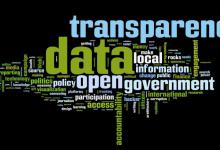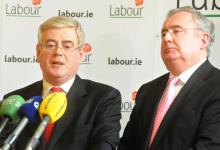Murphy: Broaden tax base to create a decent society
Speaking during RTE's Prime Time budget debate, lecturer in Irish Politics and Society Mary Murphy said that the strategy of recent budgets to match expenditure to the taxes available was an ill-conceived approach. Instead, Murphy said, a debate is needed about the kind of society we want, and the tax system we need to get it.










